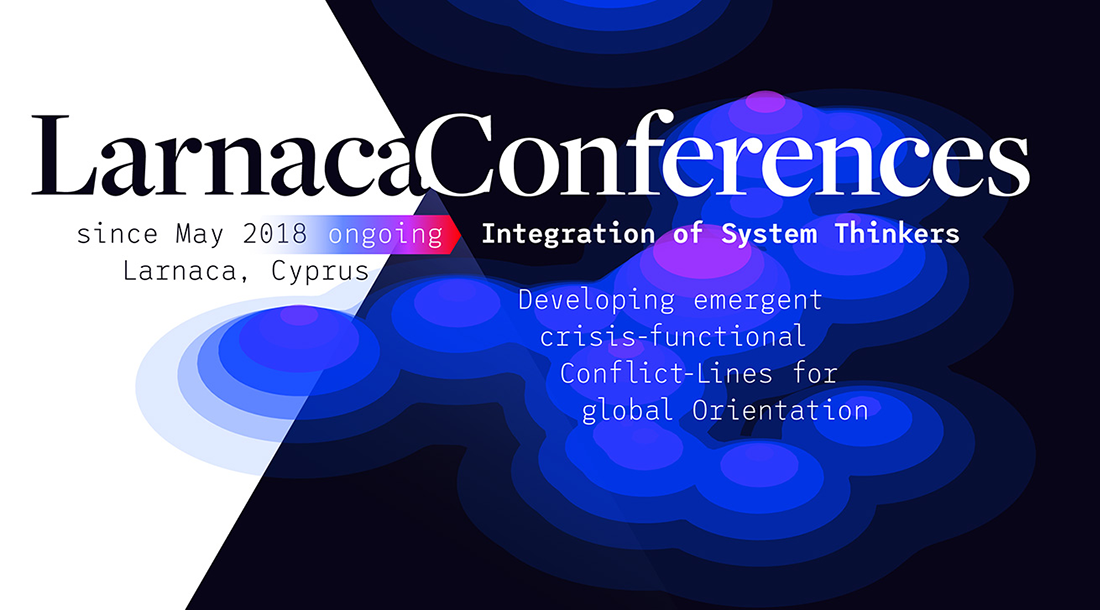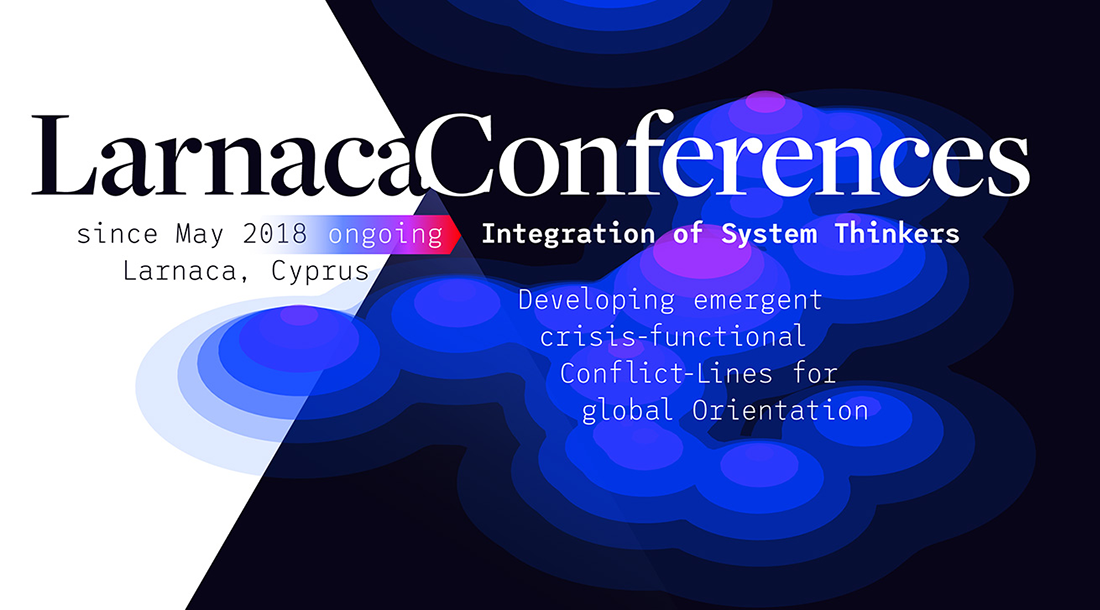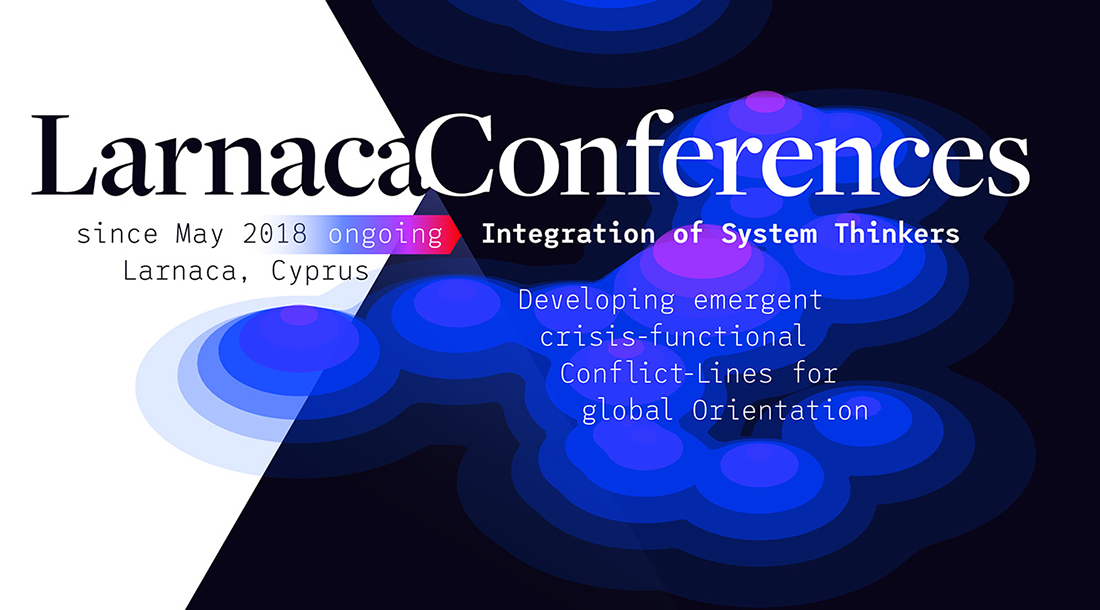Larnaca-Conferences 2021 - Economy - opening speach Gitta Peyn
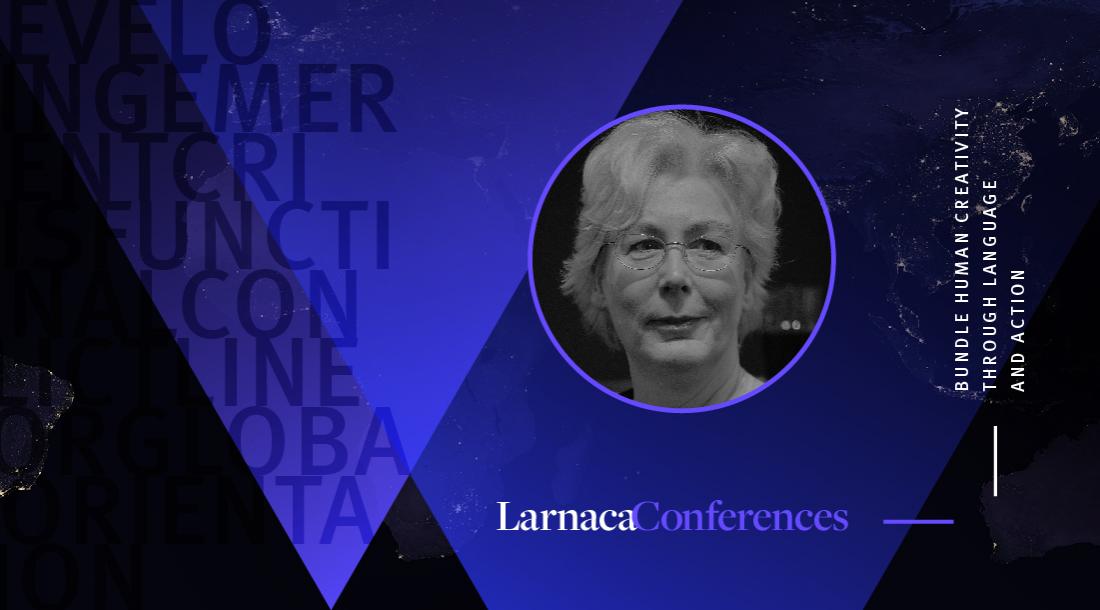
When I recorded the keynote interview with Petra Künkel, a thousand thoughts ran through my head, especially about the question of how we can actually recognize that economy is changing, that projects and collaboration are worthwhile.
I hear a lot about self-transformation, about personality development, about new organizational structures, especially in consulting scenes, and as important as I find all of this, what I miss is an intensive discussion about our social architectures, which are dominated by our economic and political systems, that determine how we think and why most of us find it difficult to refuse participating in global exploitation.
My husband and I have spent over thirty years developing models, tools, and programs that do not fit into exploiter cultures to begin with, which has put us in the interesting (but extremely exhausting) position of experiencing poverty in one of the richest countries in the world and experiencing firsthand what that means humanly and socially.
In the process, we were able to get to know people...
Modern psychology confirmed what poor people always knew:
Wealthy people are significantly less willing to help than poor people. Wealth self-centers. There is more time and money to spend on oneself. But even more, we could experience over and over again that and how those of all people, who could concentrate some money and some power on themselves, not only broke over and over again the promises they made to those, who depend on them, no, even more: They had no problems over and over again to exploit the ideas and products of the less powerful for their own profit and recognition purposes.
Let me be very clear here:
We have created systems where money and attention go where money and attention already lie, and since everyone needs to make money, everyone is involved in one way or another in global exploitation programs. Worse still, the associated conditioning programs mean that most of us, once successful, no longer see the often questionable means by which we got there and what they have all done to us.
When I go out into the world as an inventor of important products, I find that virtually no one reacts to my ideas; most people react to name, power, the attention of the masses.
In Germany we have one of the most questionable "welfare programs" in the world:
Whoever slips into the so-called HartzIV system is treated according to the following pattern: "As long as you have your feet under my table, you do what I tell you." It is the pattern of people on the parent ego who treat others like little children instead of addressing them as adults on whose creative power they depend.
And this pattern runs through our global predatory capitalist societies, that those who are poor are in effect treated differently, no matter how strongly we may claim that that is not the case.
All we have to do is look at the slaughterhouses of the world and see the abhorrent conditions in which not only the animals die there, but the workers have to live.
Our keynote speaker at the Mass Migration conference this November 14th, Dickson Ntwiga, told me that he lived in a slum in Kenya for a year. He first had to build the trust of the people there so that they could believe him that he really meant well for them.
I find that very understandable, because my personal experience with many people in positions of power and with money is mostly anything but positive. And power and money are relative. A Hartz IV recipient in Germany has more to live on than a primary school teacher in village India.
My husband and I had less than German Hartz IV recipients for a long time, because we wanted to build something up, and you can not do that on Hartz IV, because when you get Hartz IV you have to be available for exploitative programs. But I could still volunteer to help Hartz IV recipients even then, because my poverty was freely chosen and served a good purpose, so I could keep my dignity.
And dignity and respect are the foundations of true social communities.
They require adult detachment. They demand non-intrusiveness. They demand that we care as equals, and more than that, they demand that we build social architectures that function humanely.
From perspective of our research, I look at society systemically. I analyze the FORM of the system, which enables me to look away from the content, from the relationship level, and instead pay attention to the FORM and thus to facts. FORMlogic and Formwelt have much in common with the ancient Asian wisdom systems: It is about what is the case, about what is factual, and not about what we try to put in each other's eyes.
We are facing the greatest crises that humanity has ever known. These are crises with the force of ELE: Extinction Level Events. And while we are talking about how we are going to change everything, CO2 emissions continue to rise higher than ever in our industrial history, garbage mountains continue to grow, we continue to overfish the oceans, and we continue to pollute our environment more and more.
Why? Because we have not built the social architectures that make humane living possible across the planet. We urgently need the creative power of all individuals. But we will only be able to unleash this power if we work consistently to ensure that people are able to develop it.
And this includes not only better leadership that reflects spiritual values:
We have to look at what is really happening in practice, and as long as we have such systems as the German Hartz IV, for example, we have to know something about ourselves:
We are still involved in exploitation, we are not honest with ourselves and we have not reached our goal by far.
Remember:
It is not the state, it is the people who constitute the state who deny the poor people their dignity and creativity.
All exploitation systems have in common that the people who settle in them look for ways how they can exploit themselves and others even better. They then call this "their freedom”. But freedom is when we create the structures that allow everyone to pursue their individual development and fulfill themselves, to think and work freely in whatever they are interested in or whatever they recognize as necessary to do to help other people and create a more enlightened and less self-destructive world.
Then we succeed in unleashing the creative power of human superintelligence on which we so urgently depend in order to master climate crisis and everything that follows it.
Why? Because the systems we have created today not only make us exploiters, corruptible, opportunistic and untruthful but also cognitive prisoners of our conditioning environments. You will find it very difficult to build humane architectures with people imprisoned in cognitive-social dependency structures. In order to survive socially and existentially many, forced or even willingly, unlearn free thinking and to act with dignity and the respect for live.
So we have to create economies that support true cognitive-social freedom.
And that means:
We corporate leaders, we consultants, we business managers and coaches have to set a good and ideology-free example and also put pressure on politicians to end exploitation and to release people into their own freedom, where they - economically well secured without being treated like little children - can make their contribution to a better world.
Thank you.
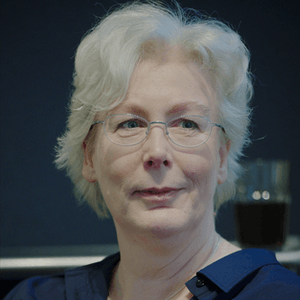
is a German systems researcher and cyberneticist, co-developer of FORMWELT and WELTFORM, founder of the Formwelten Institute and initiator of the Larnaca Conferences.

